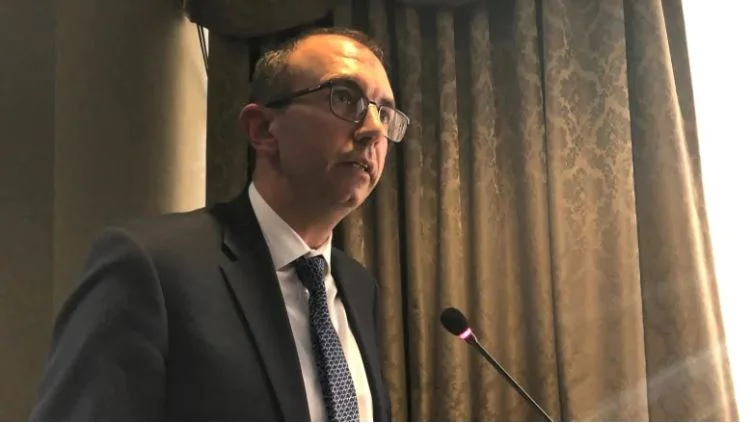The majority of drinking water samples taken from Children of the Earth and Kelvin high schools contained concerning levels of lead in a recent review of fountains, kitchen taps and other fixtures in K-12 buildings in central Winnipeg. Manitoba’s largest school division released the results of a provincially mandated lead-testing program in its administrative buildings and learning facilities.
Road salt levels in some local creeks toxic to aquatic life, says riverkeeper
The amount of road salt that people, businesses, and cities are using over the winter is likely too much and is definitely hurting local waterways, according to the Ottawa Riverkeeper. The organization began monitoring how much road salt is making its way into local creeks last winter as part of its road salt monitoring pilot project. The Canadian Council of Ministers of the Environment has established federal guidelines around the amount of chloride — which is partly what salt breaks down into when it dissolves in water — in waterbodies.
Testing the waters: Do Regina's asbestos-cement water mains pose a risk?
Snaking beneath Regina's streets are 600 kilometres of water mains built with asbestos-cement. That's about 60 per cent of some 1,000 kilometres of the mains that deliver water to homes around the city. Increasingly, some scientists and communities are questioning the wisdom in having drinking water flowing through pipes constructed from asbestos fibres.
Lead levels in Prince Rupert drinking water could point to B.C.-wide problems
Leona Peterson doesn’t drink the water from her tap anymore. The single mother says she was warned about lead in the water by a neighbour as soon as she moved into the subsidized Indigenous housing complex where she lives in Prince Rupert, a city of almost 12,000 people in northwestern B.C. “She said, ‘There is lead in our water,’” Peterson said. “‘Don’t doubt it, just start flushing.’”
6 west Saint John neighbourhoods to switch to east side water system
Less than two years after switching Saint John's west side to a new drinking water system, the city is now diverting many of those same neighbourhoods to a new water source. The areas affected include Saint John's lower west side, Milford, Randolph, Fundy Heights, Duck Cove and Sand Cove. They are to begin receiving surface water from the Loch Lomond Treatment plant on the city's east side by the end of the year. At the same time the city has cancelled its contract with the engineering firm that was instrumental in the creation of the west side well field water system and hired a law firm to pursue the company, BGC Engineering, for costs.






